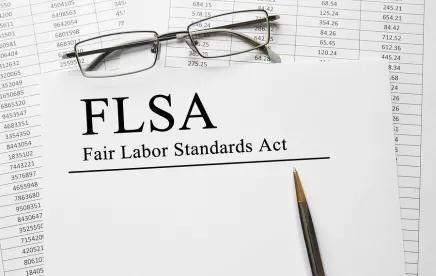Last month, we discussed some serious concerns about the efficacy of the U.S. Department of Labor’s “PAID” program, under which employers can self-report wage and hour violations to the federal agency and negotiate a seeming resolution of potential claims. Chief among our concerns was that the resolution would not extend to state law claims, leaving an employer that participates in the “PAID” program materially exposed to state law claims and lawsuits.
That concern became a reality this week, as New York Attorney General Eric Schneiderman–writing to U.S. Labor Secretary Alexander Acosta on behalf of a coalition of states’ attorneys general (including from California and New Jersey)–noted that “it would be an improper federal overreach for the [DOL] to attempt to permit employers, under the auspices of the PAID Program, to require employees to waive state law protections in exchange for the employer’s payment of overdue wages.” The letter concludes with a stark note of caution:
Please be advised that we will continue to prosecute labor violations to the fullest extent of our authority, both civilly and criminally, regardless of whether employers have participated in the PAID Program. No worker should be required to waive wage theft protections in order to obtain only the partial relief your program is offering, and we intend to pursue every available option to ensure that workers’ rights to fair pay and overtime are protected to the fullest possible extent.
Unless you employ workers in states without their own wage and hour laws, Attorney General Schneiderman’s letter should make you think even more carefully about whether the PAID program makes business sense.



 />i
/>i

